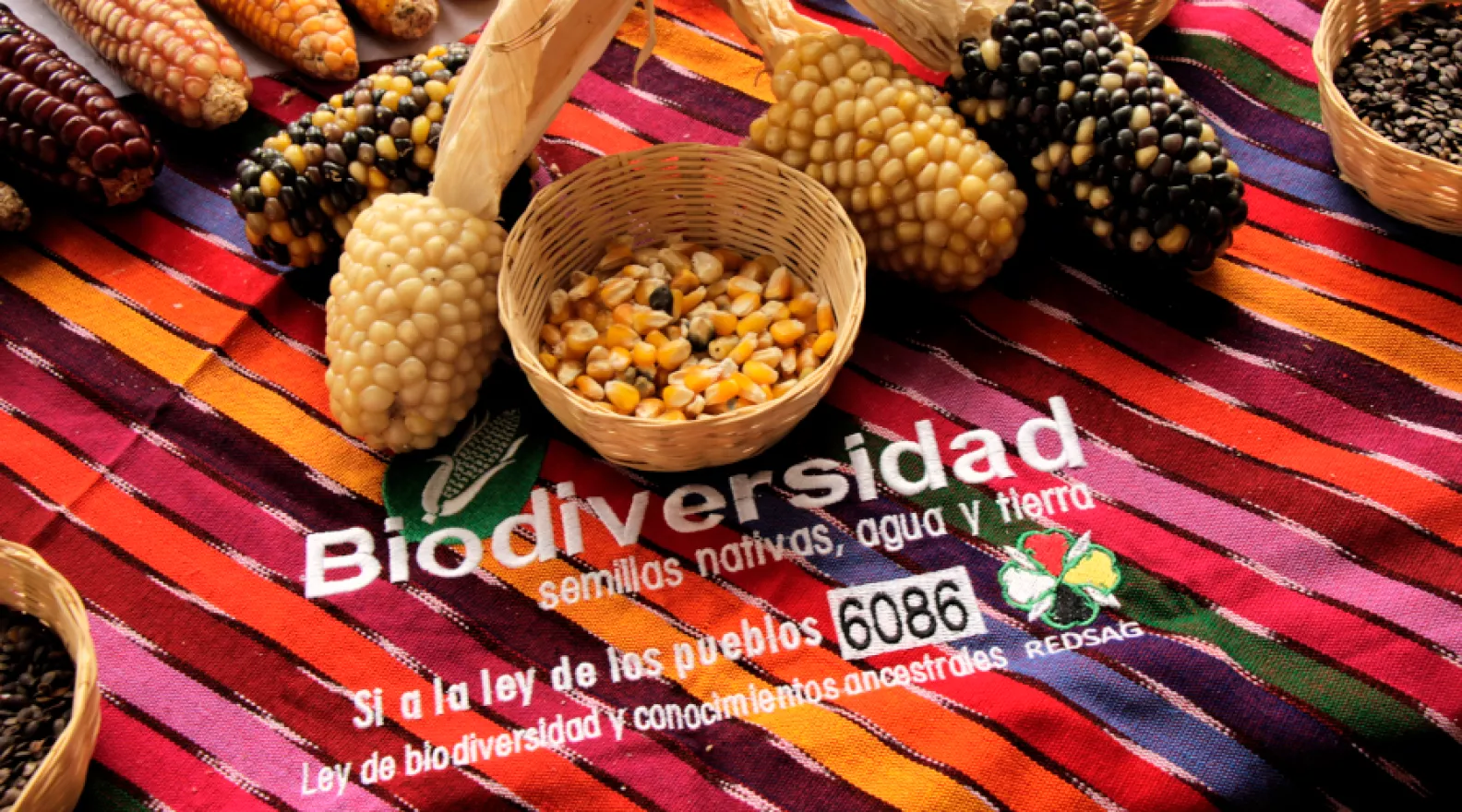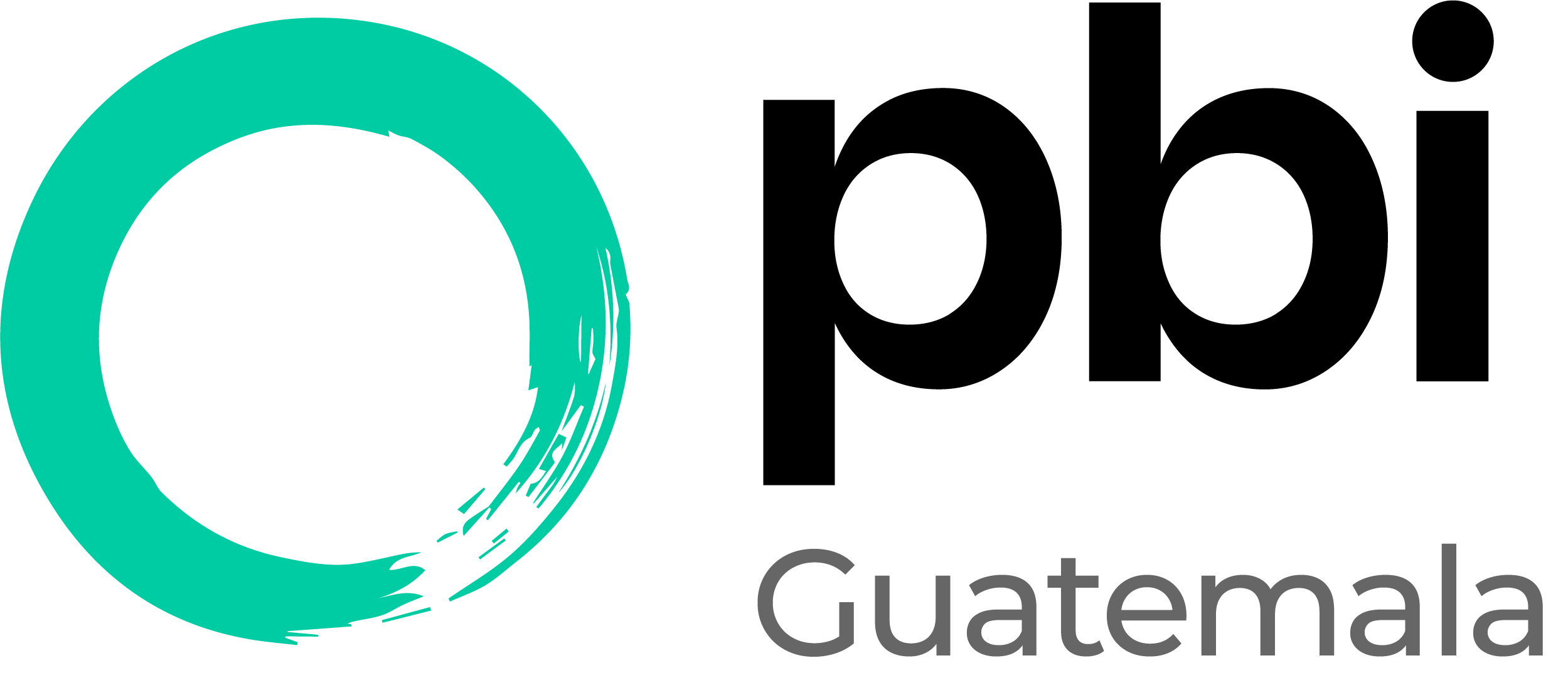
Location
REDSAG has a presence in six regions of Guatemala: Petén, Alta Verapaz, Baja Verapaz, the East, the Center, the South, and the West.
Area of work and rights defended
REDSAG is a space that brings together organizations, groups, and social and popular movements that advocate in favor of defending and building food sovereignty. It was established in October 2004, after a process of interactions between different social organizations that share the same approach to defending and rebuilding food sovereignty and that believe in the need for a network of organizations to defend the rights of vulnerable populations. They work on issues such as land, territory, water, and seeds, among others, and develop culturally relevant and gender-equitable political, strategic, and operational proposals and actions for the defense and construction of biodiversity and food sovereignty for indigenous peoples.
Description of the problem
PBI has accompanied members of the REDSAG Political Council since September 2025, especially José Miguel Sánchez López from the Pajales Sis community in San Andrés Villa Seca, Retalhuleu, and sisters Carmelina and Estela Chocooj from the Soledad Sayaxut community in Cobán, Alta Verapaz.
The Pajales Sis community is located between the El Pilar and Tululá sugar refineries. José Miguel Sánchez López, a member of the Pajales Sis Community Development Council (COCODE), has been speaking out for years about the consequences of both sugar refineries’ poor practices, which have affected community members’ lives. As a result, he has been targeted for criminalization by the sugar refineries.
The community reports that an open canal, which carries water contaminated with waste from the two sugar refineries, drains into the Sis River, which flows through the community and emits a strong, unpleasant odor in the area. They also report the impending collapse of the gabions (river retaining walls) built by the El Pilar sugar refinery to divert water, which would otherwise flood the area and wipe out part of the community. He explains, “Our community is located between the El Pilar and Tululá sugar refineries, which use dams to divert water from the Sis River and hoard it to irrigate their sugar cane crops during the dry season. Families no longer have access to water from the river, and we can only access piped water for one hour a day. In addition, water pollution from the sugar refineries’ waste affects our health, and we suffer from skin diseases and other related illnesses, such as dengue fever.”
The community currently has two legal proceedings underway: a civil case against the El Pilar sugar refinery for the deterioration of the gabions, which now pose a serious flood risk; and a criminal case for the river’s contamination with agrochemicals from El Pilar. As a result of the latter case, community members, particularly José Miguel Sánchez, have been subjected to threats and defamation.
Meanwhile, the Soledad Sayaxut community is in the process of working with the National Institute for Agrarian Transformation (INTA) to acquire legal title to land in the municipality of San Pedro Carchá, Alta Verapaz. In 1994, INTA lost the property titles, and even though the communities have been trying to resettle on their ancestral lands ever since, they have been criminalized because of a conflict with the landowning Sam Aldana family, which is part of the Association for the Defense of Private Property (Acdepro). Carmelina Chocooj, a member of the REDSAG Political Council, and her sister Estela are being criminalized and face prosecution for disturbance of possession. Both are suffering psychological harassment and threats from the plaintiff’s family and fear imprisonment. Although the legal proceedings have already begun, the hearings are constantly being suspended, causing physical and emotional harm to Carmelina and Estela.
